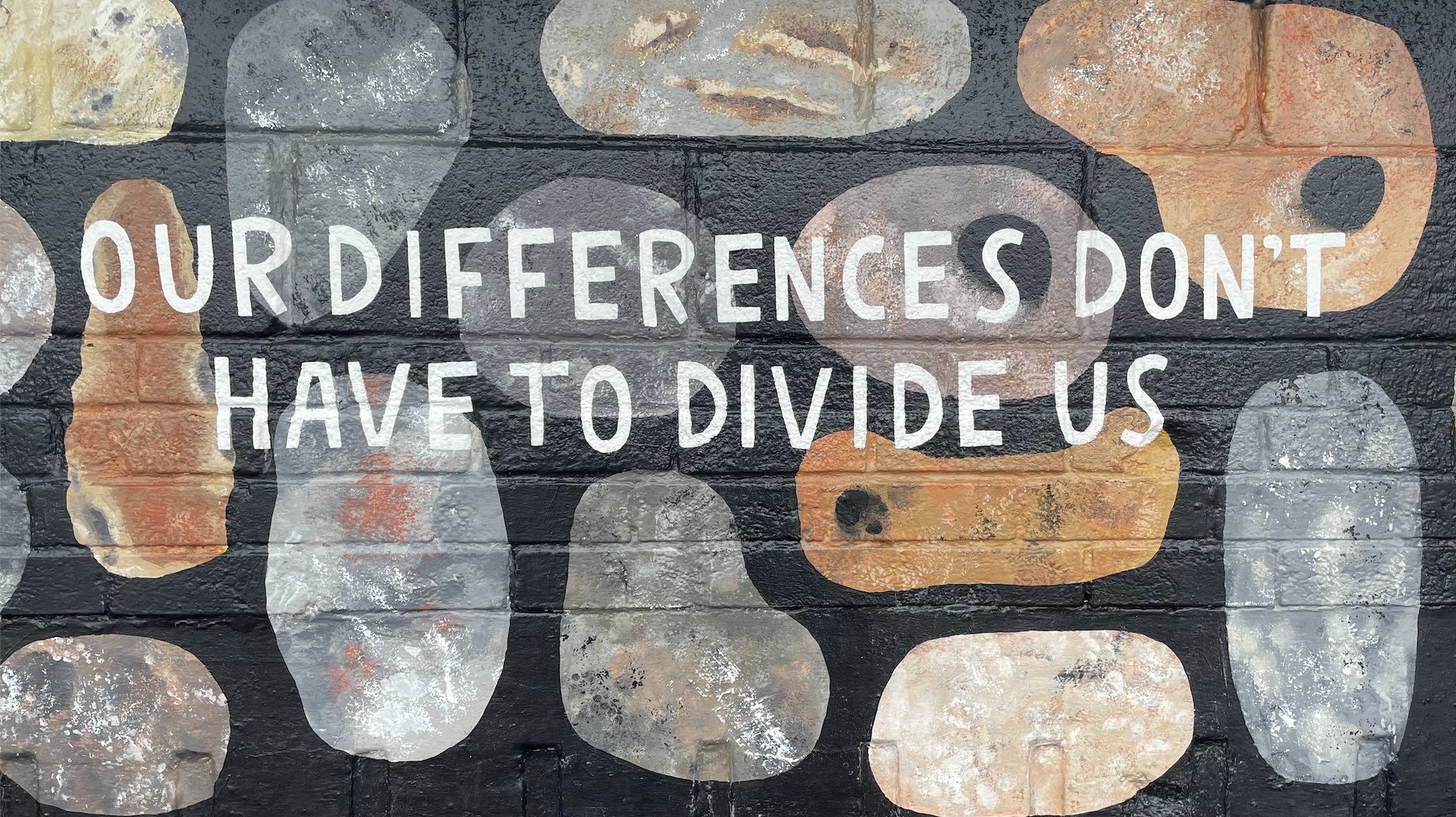
Five Speakers on Empathy to Foster Understanding in Your Organization
Reaching out to others and being cognizant of their unique needs has never been more important in the workplace. Taking the time to understand not only how others feel, but why, is the key to creating a culture where everyone can bring their best level of performance and take appropriate risks to drive the organization forward.
In order to foster this kind of environment, it’s essential to create an atmosphere of respect, openness, and empathy. Connected with allyship, emotional intelligence, inclusion, and compassion, empathy transforms organizations with renewed purpose and meaning.
These five speakers on empathy are committed to demonstrating how your organization can harness the power of empathy and create a more engaged, flourishing, and accountable workplace.
Michael Ventura
Michael understands that empathy is the path to purposeful leadership, and to powerfully transforming organizations for the better. He is the author of Applied Empathy: The New Language of Leadership which demonstrates how this practice can not only build lasting bonds within organizations, but also set an example for other organizations to follow. He believes that empathy combined with self-development can help members of an organization navigate the complexities of interpersonal interactions in the workplace and drive a resilient, supportive culture.
Michael advises how managers can instill a sense of purpose in their teams, help foster their connection to the organization’s overall mission, and develop a better understanding of the needs of both internal and external stakeholders. Learn more about Michael »
Glodean Champion
A military veteran who brings the story of her upbringing to the forefront, Glodean challenges her audiences to listen from the heart. She believes that expressing vulnerability as a leader is an important part of self-growth, helping you and others around you not only recognize limitations, but also how to best overcome them.
Glodean stresses the importance of listening and communication for coming together with open minds and open hearts, in order to connect authentically and build trust. Glodean focuses on empathy as a means to understand and transform culturally-based beliefs, behaviors, and assumptions. Read more about Glodean »
Micah Wonjoon Kessel
Now more than ever, empathy is an essential skill for any leader. And as research indicates, empathetic leadership isn’t just good for your employees’ mental health, it’s also good for business growth.
By leading with emotional intelligence and empathy, you can build trust and more thoughtful communication with employees while also creating a culture that supports innovation and growth across your organization. In short, empathy in leadership is essential for driving organizational success.
Juan Cortés
Juan believes that fostering an inclusive culture and human-centered leadership is the key to driving employee engagement, creating a workplace where every individual feels that it’s safe to bring their best effort forward. Juan also teaches that leaders should be aware of their own biases and must learn to counteract them by seeking out the views and perspectives of others.
An inclusive culture brings better decision-making to the forefront because everyone feels encouraged to share their ideas. When everyone is listened to and understood, it inevitably drives solutions that work for the betterment of all involved. Learn more about Juan’s approach to inclusive leadership »
Rena DeLevie
Compassion, not only for others, but also towards oneself, is the path to better leadership. Rena feels strongly that compassion and accountability combined drive effective leadership, in contrast to the fear-based culture that governs too many organizations today. Fostering compassion creates a culture where team members put their best foot forward not because they have to, but because they want to.
From personal experience in Corporate America, Rena understands that in order to create an environment where people want to do their best, leaders must give recognition for good work, but also hold people accountable when standards are not met, in order to foster a spirit of ownership and responsibility that will set the bar for others to follow. Visit Rena’s profile to learn more »
Looking for more speakers on Empathetic Leadership? Search the collective »
About the author
Kelly Campbell is the founder of Consciousness Leaders and Trauma-Informed Conscious Leadership Coach to self-aware visionaries. She writes for Entrepreneur and has written for Forbes. They are the author of "Heal to Lead" (Wiley, 2024), a new book on transforming past trauma in order to uncover our innate leadership power.

